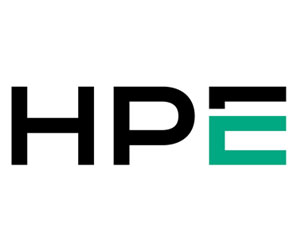The second factor is cost. “It’s often inexpensive to put data on the public cloud, but expensive to use afterwards,” says Loyd. Public cloud providers may also charge data ingress and egress fees, which do not apply to private clouds. Legacy environments also drain resources with licensing sprawl, manual upkeep and hidden operational costs. HPE Private Cloud Business Edition simplifies virtual machine (VM) lifecycle management and reduces licensing overhead, creating more predictable economics across environments.
The third determinant is AI readiness. Training generative AI models requires clean, governed and well-classified data. HPE Private Cloud AI provides a secure environment designed for model training, allowing organizations to innovate with AI while protecting sensitive information. For industries with the strictest requirements, air-gapped and sovereign private cloud options deliver maximum isolation and compliance.
Let’s take a closer look at one of the most accessible on-ramps in the HPE Private Cloud portfolio: HPE Private Cloud Business Edition.
Benefits of HPE Private Cloud Business Edition
With HPE Private Cloud Business Edition, companies are better equipped to embrace the resurgence of private clouds.
“It’s a unique position that HPE has in the market,” says Loyd. “We offer a full-stack solution that enables VMs across a private cloud infrastructure, including hardware. Compute, storage and networking are all included.”
HPE also provides all necessary cloud software. Tech partners such as CDW can also offer support services so teams can get cloud hardware up and running, and address any performance or compatibility issues.
HPE also offers a unique cloud trifecta, according to Loyd, known as “visibility, reliability and flexibility.” There is an easy-to-use management console that provides visibility into all connected services. HPE Alletra Storage, meanwhile, offers 100% data availability to improve reliability, and the HPE Morpheus Essentials software delivers virtual machine flexibility. “Morpheus will run its own hypervisors,” says Loyd, “or it can run VMware.”














